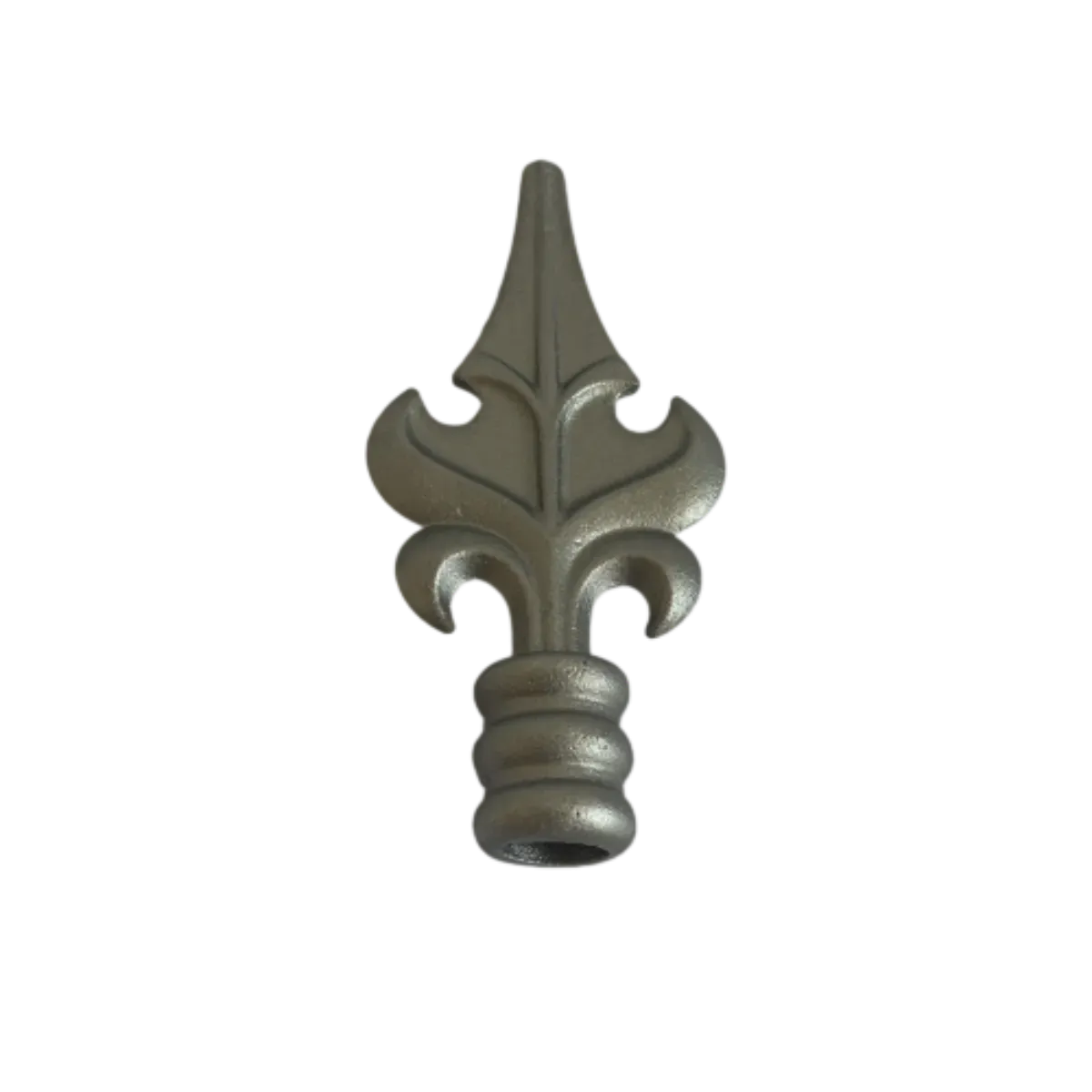cast iron castings
The Versatility and Strength of Cast Iron Castings
Cast iron castings are a popular choice in various industries due to their remarkable strength, durability, and versatility. This material, composed primarily of iron, carbon, and silicon, has been used for centuries in manufacturing and construction. Its unique properties make it a preferred option for creating complex shapes and structures, making it an essential material in both traditional and modern applications.
One of the primary advantages of cast iron is its excellent castability. The molten iron can be poured into molds to create intricate designs, allowing for precision and detail in the final product. This capability is critical for industries ranging from automotive to cookware, where both functionality and aesthetic appeal are essential. Manufacturers can produce everything from engine blocks and machine parts to decorative items and cooking pans using cast iron castings.
Additionally, cast iron provides superior mechanical properties. It has a high resistance to wear and deformation, making it suitable for heavy-duty applications. For instance, in the automotive industry, cast iron is commonly used for engine components due to its ability to withstand high temperatures and pressures. This resilience translates to a longer lifespan for machinery and equipment, reducing the need for frequent replacements and repairs.
cast iron castings

Another notable feature of cast iron is its excellent machinability. While it is a robust material, it is also relatively easy to machine, allowing manufacturers to refine the castings to meet specific design requirements. This combination of durability and ease of machining enables manufacturers to produce high-quality products efficiently and cost-effectively.
Cast iron also exhibits great thermal conductivity. This property is particularly advantageous in cookware, where it allows for even heat distribution when cooking. Cast iron pans and Dutch ovens are renowned for their ability to retain heat, making them ideal for both slow-cooking and high-heat searing. The non-stick surface that develops with seasoning also enhances the cooking experience, leading to a resurgence in popularity among home cooks and professional chefs alike.
Moreover, cast iron is environmentally friendly. Many cast iron products are made from recycled materials, and the durability of cast iron means that products made from it have a long service life, contributing to reduced waste. As industries increasingly focus on sustainability, cast iron castings align well with these values by promoting longevity and recyclability.
In conclusion, cast iron castings play a crucial role in modern manufacturing and everyday life. Their exceptional properties—strong, durable, versatile, and environmentally friendly—make them an invaluable resource in various applications. As technology advances and industries evolve, the demand for cast iron castings is likely to remain strong, ensuring that this timeless material continues to thrive in an ever-changing world.
-
Wrought Iron Components: Timeless Elegance and Structural StrengthNewsJul.28,2025
-
Window Hardware Essentials: Rollers, Handles, and Locking SolutionsNewsJul.28,2025
-
Small Agricultural Processing Machines: Corn Threshers, Cassava Chippers, Grain Peelers & Chaff CuttersNewsJul.28,2025
-
Sliding Rollers: Smooth, Silent, and Built to LastNewsJul.28,2025
-
Cast Iron Stoves: Timeless Heating with Modern EfficiencyNewsJul.28,2025
-
Cast Iron Pipe and Fitting: Durable, Fire-Resistant Solutions for Plumbing and DrainageNewsJul.28,2025
-
 Wrought Iron Components: Timeless Elegance and Structural StrengthJul-28-2025Wrought Iron Components: Timeless Elegance and Structural Strength
Wrought Iron Components: Timeless Elegance and Structural StrengthJul-28-2025Wrought Iron Components: Timeless Elegance and Structural Strength -
 Window Hardware Essentials: Rollers, Handles, and Locking SolutionsJul-28-2025Window Hardware Essentials: Rollers, Handles, and Locking Solutions
Window Hardware Essentials: Rollers, Handles, and Locking SolutionsJul-28-2025Window Hardware Essentials: Rollers, Handles, and Locking Solutions -
 Small Agricultural Processing Machines: Corn Threshers, Cassava Chippers, Grain Peelers & Chaff CuttersJul-28-2025Small Agricultural Processing Machines: Corn Threshers, Cassava Chippers, Grain Peelers & Chaff Cutters
Small Agricultural Processing Machines: Corn Threshers, Cassava Chippers, Grain Peelers & Chaff CuttersJul-28-2025Small Agricultural Processing Machines: Corn Threshers, Cassava Chippers, Grain Peelers & Chaff Cutters












